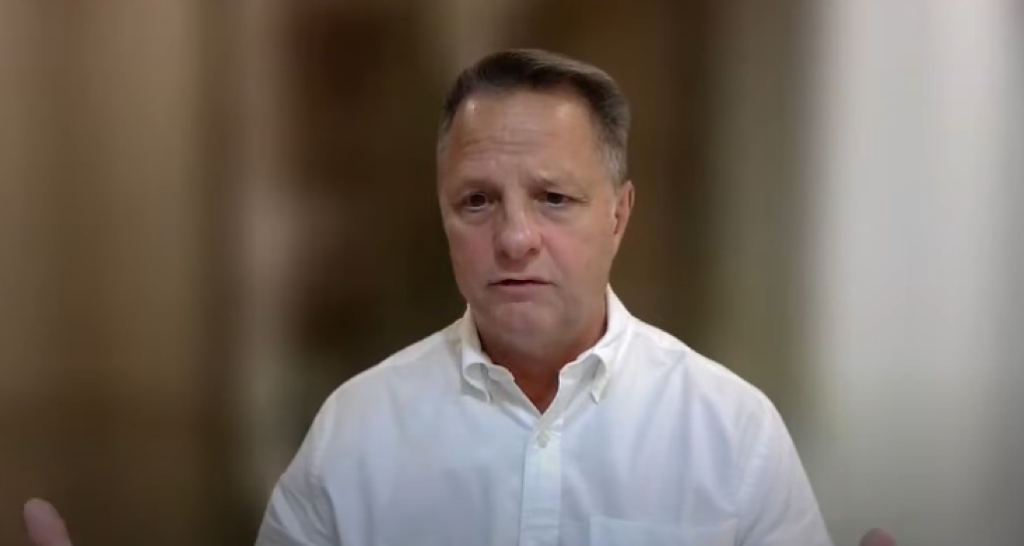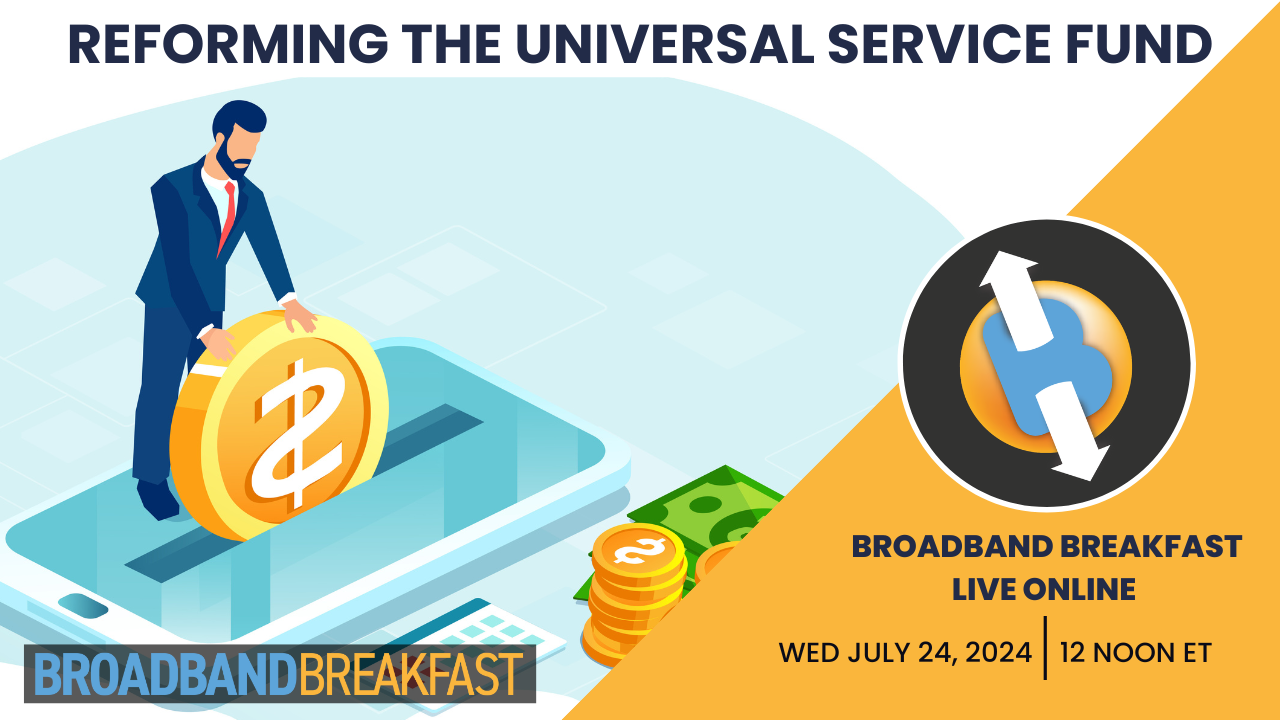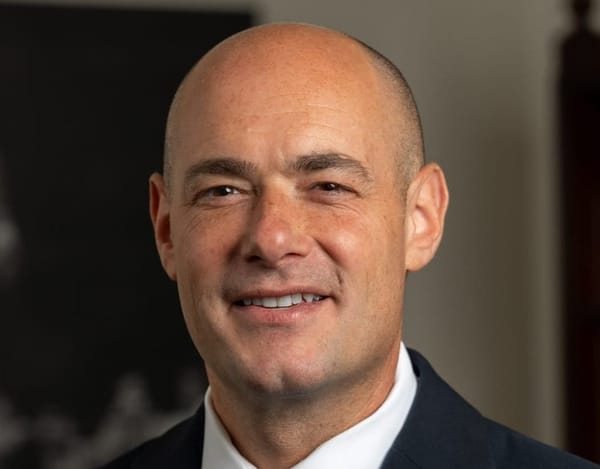Experts Call for USF Update
Experts tout USF as outdated as Fifth Circuit rules it unconstitutional.
Michael D. Melero

July 25, 2024 – Experts called for an update to the Federal Communications Commission’s Universal Service Fund to ensure efficient resource allocation and better serve low-income families at a Broadband Breakfast event on Wednesday.
Pam Arluck, vice president and associate general counsel at the NCTA — The Internet & Television Association, suggested that the FCC should assess USF spending to determine if funds are being used wisely. She noted that "last year, the USF program spent about $8 billion," arguing that much of this funding is directed towards outdated programs supporting communication services no longer in high demand.
The USF is funded by fees on telecommunications providers, and managed by the Universal Service Administrative Company, the separate entity the FCC set up to handle the fund. It supports subsidy programs that fund rural broadband infrastructure and internet discounts for schools, libraries, healthcare centers, and low-income households.
Chief Policy Officer at Vernonburg Group, Greg Guice, pointed out that the USF was implemented in 1996 as part of the Telecommunications Act to ensure low-income families can afford connectivity. “Times have changed and needs have changed,” Guice said, suggesting that modifying the distribution of USF funds can help address challenges faced in deploying and maintaining broadband networks.
Lynn Follansbee, vice president of strategic initiatives & partnerships at USTelecom, agreed that the USF needs updating, emphasizing its critical role in the deployment and maintenance of broadband networks. She said that while the Broadband Equity, Access and Deployment Program and other non-USF funding programs significantly contribute to broadband deployment, these programs don't address the cost of maintaining and operating broadband networks.
While the USF has faced intense scrutiny recently, it is intended to support four key areas: aiding telephone companies in high-cost areas, helping low-income customers with phone bills, allowing rural healthcare providers to pay lower rates for telecommunications services and providing telecom services for schools and libraries.
Lindsay Stern, an attorney and policy manager at INCOMPAS, stressed the importance of USF reform on both the distribution and contribution sides, particularly in E-rate and rural healthcare programs, to ensure funds are effectively allocated.
“We support reviewing the distribution programs and streamlining USF programs if possible to ensure that USF dollars are going where they are truly needed,” Stern said.
Ted Cruz, R-Texas, wrote a statement in March advocating for USF funding to come directly from congressional appropriations. He argued that the commission’s ability to control both the collection and disbursement of the USF makes the fund less accountable.
In May, the FCC urged the Supreme Court not to weigh in on a conservative nonprofit’s challenge to the agency’s Universal Service Fund. The conservative nonprofit Consumers’ Research challenged the contribution factors in court since October, alleging in multiple federal appellate courts that the fund is unconstitutional. The group argues that Congress did not put proper guardrails on the FCC’s authority to collect the fund and that the commission abused its authority by delegating the responsibility to USAC.
In fact, the U.S. Court of Appeals for the Fifth Circuit ruled on Wednesday that the $8 billion broadband subsidy program is unconstitutional, creating a split with the Sixth and Eleventh Circuits, both of which upheld the legality of the FCC’s Universal Service Fund. This likely means the FCC will ask the Supreme Court to review it.
The Fifth Circuit’s 9-7 decision also reversed an earlier Fifth Circuit panel decision from early 2023. The court agreed later that year to rehear the case with a full panel of judges.
FCC Chairwoman Jessica Rosenworcel criticized the decision, issuing a statement calling it “misguided and wrong.” She added that “it upends decades of bipartisan support for FCC programs that help communications reach the most rural and least-connected households in our country, as well as hospitals, schools, and libraries nationwide. The opinion reflects a lack of understanding of the statutory scheme that helped create the world’s best and most far-reaching communications network. We will pursue all available avenues for review.”

July 24, 2024 - Reforming the Universal Service Fund
The Universal Service Fund has been facing intense scrutiny in recent years, with growing calls for an overhaul of its contribution mechanism. Under the current system, this subsidy program helps low-income families get online by imposing a fee on telecom companies' revenues. The recent decline in the contribution base and a significant shift to broadband connections have sparked heated debates about the relevance and effectiveness of this legacy framework – particularly with the expiration of the Affordable Connectivity Program. Tune into Broadband Breakfast Live Online for a much-needed and timely discussion on the various issues surrounding USF modernization.
Panelists
- Greg Guice, Chief Policy Officer, Vernonburg Group
- Pamela Arluk, Vice President and Associate General Counsel, NCTA —The Internet & Television Association
- Lynn Follansbee, Vice President, Strategic Initiatives & Partnerships, USTelecom
- Lindsay Stern, Attorney and Policy Manager, INCOMPAS
- Ted Hearn (moderator), Managing Editor, Broadband Breakfast
 Broadband BreakfastGreg Guice
Broadband BreakfastGreg Guice








Member discussion